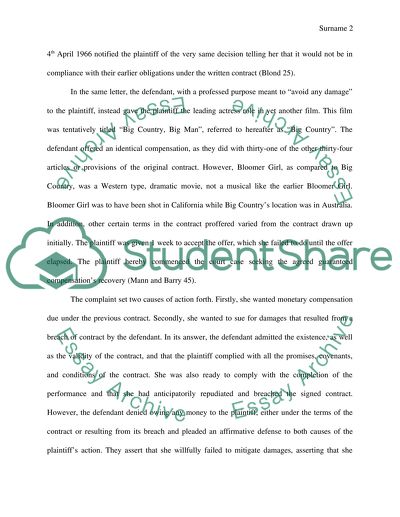Cite this document
(Essentials of Business Law and the Legal Environment Case Study, n.d.)
Essentials of Business Law and the Legal Environment Case Study. Retrieved from https://studentshare.org/law/1456485-business-lawwrite-a-case-brief
Essentials of Business Law and the Legal Environment Case Study. Retrieved from https://studentshare.org/law/1456485-business-lawwrite-a-case-brief
(Essentials of Business Law and the Legal Environment Case Study)
Essentials of Business Law and the Legal Environment Case Study. https://studentshare.org/law/1456485-business-lawwrite-a-case-brief.
Essentials of Business Law and the Legal Environment Case Study. https://studentshare.org/law/1456485-business-lawwrite-a-case-brief.
“Essentials of Business Law and the Legal Environment Case Study”, n.d. https://studentshare.org/law/1456485-business-lawwrite-a-case-brief.


